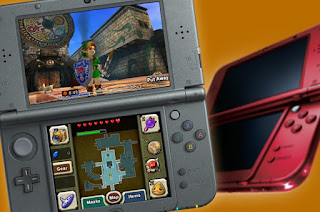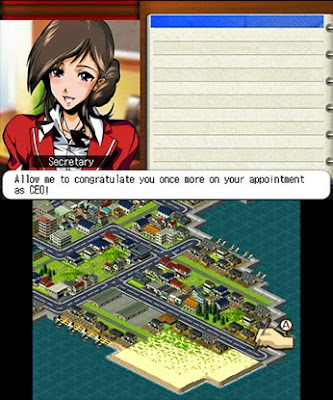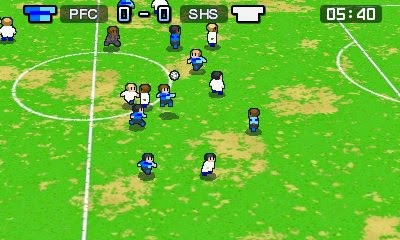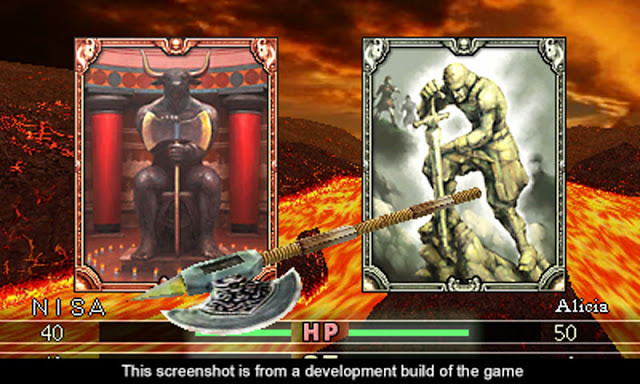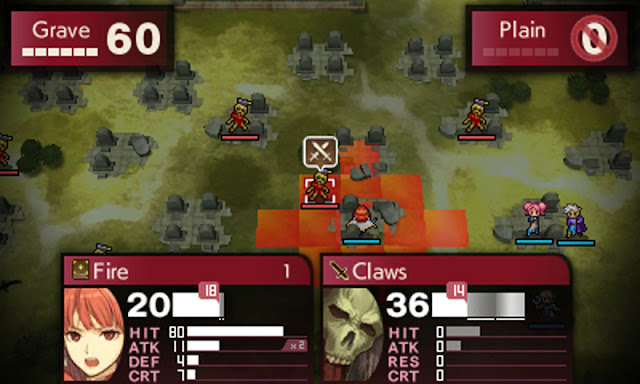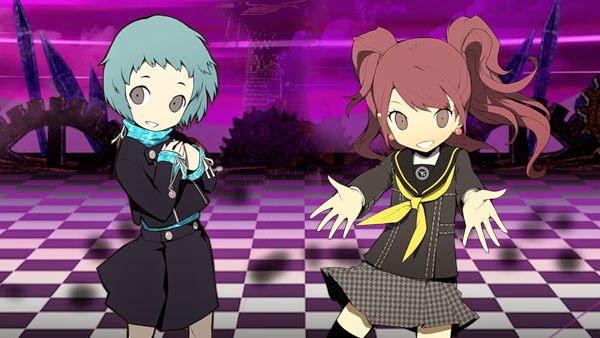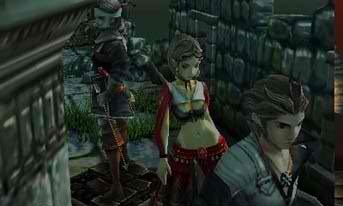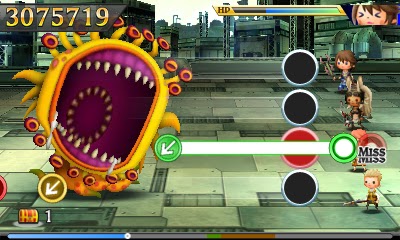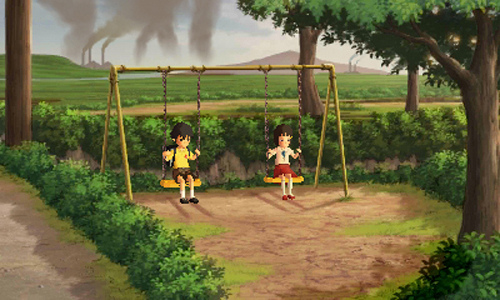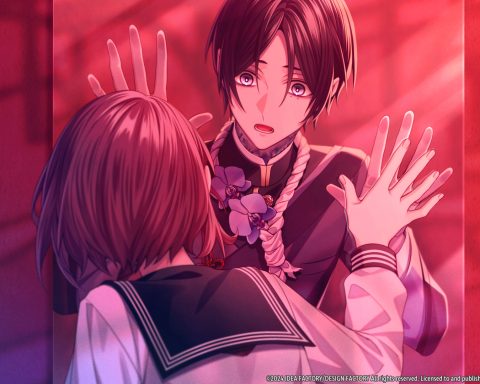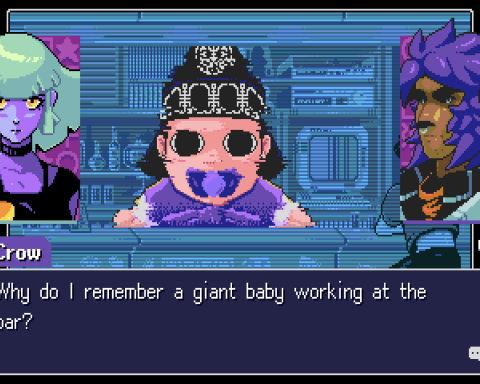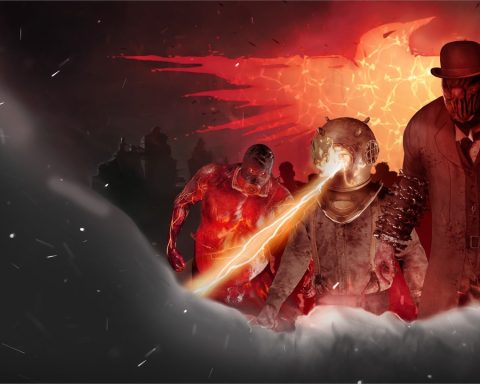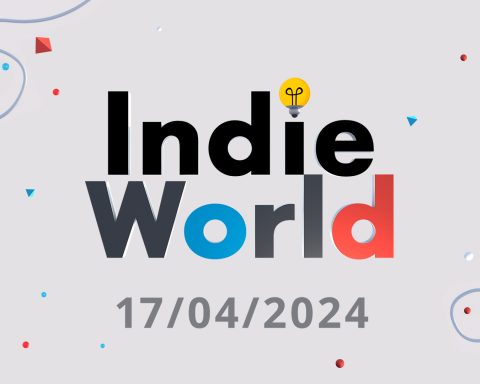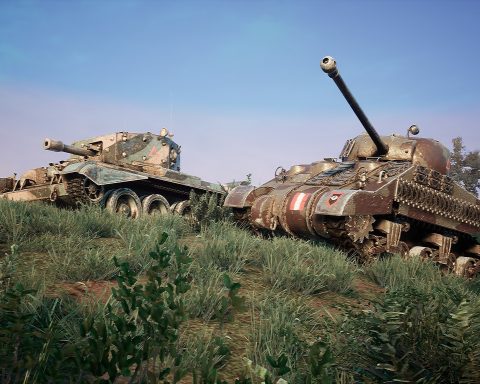This week brought with it the sad news that Nintendo has formally ceased production of the 3DS hardware. Of course, the console was already very much legacy at this point and Nintendo has long shifted all its development resources over to the Switch, but the 3DS was a beast of a console, and playing games on it quite genuinely helped me get through some tough times over the last decade, so it’s a console that will forever hold a special set of memories to me.
Rather than do a “best of” list, because there are far, far too many great 3DS titles to try and narrow down that way, instead what I thought I would do with this little list is celebrate the ten games that will spring to mind immediately when I think about the console in the future – the games that hooked me in the deepest, the ones that I found to be the quirkiest and, in general, the ones that I have the best memories of. They’re not the “best” in that the best would be a list 30 or 40 games long, but they’re the ten that come to mind first.
Be sure to let us know your own picks in the comments!
I’ve had a checkered history with the Zelda series, but I distinctly remember waking up one Christmas morning as a kid, unwrapping my presents, and seeing the gold box that housed Ocarina of Time on the Nintendo 64. I remember plugging that game into the console and being immediately overwhelmed with the scale of the fantasy that it was offering – it was one of those steps forward in gaming that captured me on every level. I share this story because somehow, the 3D effect with Ocarina of Time had that impact on me all over again. There was no game that sold me on the aesthetic value of 3D quite like Ocarina of Time.
I love a good simulation game, and A-Train has stayed with me as one of the best that I’ve ever played. On the surface of things, it’s quite the simple game; rather than build cities directly, you build the transport network that the cities grow around, and in doing so watch as a small village ends up having highrises soaring high into the sky. But then you need to manage stocks and company finances via profit and loss statements that are much more than “money earned and money spent.” You need to maintain your networks, balance freight and passenger services, and it goes on and on. It’s truly complex stuff and takes many hours to learn and then get right. And then you can actually jump into the trains and busses and travel on the routed you’ve created. That option is just for fun, but it’s wonderful to get that “on the ground” view of your many, many hours of good work.
This game never really got much attention, and it wasn’t until I realised much later that part of that reason is that it was never actually released in the US, making this a pretty niche release in the end. It’s excellent, though. It’s a football management sim, only instead of the deathly dry spreadsheets of the “proper” football management games, this one is super-chibi, super-cute, and while it’s a little simplified as a simulation, it’s also so filled with personality and charm that I don’t think I’ll ever forget the exploits of my little team.
It’s like Monopoly, but good, and with fantasy battles. Culdcept has always been an uber-niche series (particularly here in Australia), so the 3DS one was actually my first exposure to the series, and what a game it is. Part Magic the Gathering, part Itadaki Street (Boom Street), with an amusing enough JRPG fantasy narrative behind it, I spent many hours carefully pouring over my deck of cards, trying to make the most of the cards I had access to – and there were a lot of different cards to build strategies around. It’s genuinely strange that the developer hasn’t given the series a bigger push in the post-Hearthstone world, because digital CCGs are beloved these days, and I would think that Culdcept could rapidly grow in prominence – especially as a more cerebral esport.
Fire Emblem Echoes: Shadows of Valentia
The 3DS got three Fire Emblem titles, and I enjoyed them all, but I think Echoes would have to be my favourite. It’s a full-scale remake of the second Fire Emblem (originally released on the NES), and brings some fascinating ideas to Fire Emblem that I would like to see become permanent for the series – dungeon crawls, for example. And, of course, a big part of the Fire Emblem experience is the cast, and Shadows of Valentia have Clair and Faye and… well let’s just say I might have written some fan fiction about those two in the past…
It’s hard to imagine now, in the wake of the likes of Octopath Traveler and Bravely Default, but there was a time that fans were genuinely concerned that Square Enix was losing touch with the traditional end of the JRPG spectrum. Final Fantasy was too experimental. Dragon Quest was languishing in the west because Square refused to localised the MMO. But then Bravely Default came around and it is, on every level, a PlayStation 1-era JRPG that the oldies like me could love to bits. The spectacular soundtrack, amazing characters (Edea), and an unapologetically retro approach to combat and difficulty helped turn this game into a major success, and remind Square Enix that for the right game, even the oldies with jobs and families will find 60+ hours to indulge the nostalgia for genre traditions.
Persona Q: Shadow of the Labyrinth
I have never laughed so hard in a JRPG as I have with Persona Q. The game itself I remember on account of it being just as good as Etrian Odyssey, because that’s really what it is – Etrian Odyssey with a Persona coat of paint. However, it’s the humour of Persona Q that had the greatest impact. Every interaction between the characters (drawn from Persona 3 and 4) is dripping with a deep, rich kind of wholesome fan service (not in the sense of “swimsuit”, but rather “service to fans”) that somehow enhances every character and makes the entire Persona property as a whole better. It’s a pity that Etrian Odyssey is one of the few series that absolutely require the dual screens to work. It means that we’ll likely never get another one in the series (as dual-screen gaming experiences are no longer a thing), and, by extension, we’ll never get another Persona Q after the two that were released on the 3DS.
Crimson Shroud was a little downloadable title on 3DS that was cut-price, and only a few hours long. It, however, is a game that I’ve never got out of my mind, because it’s just so “me” about everything that it does. Crimson Shroud is a JRPG in theory, but it plays out like a tabletop game, with characters represented by static pieces, the word represented by Dungeons & Dragons-like maps, and all the combat done through the tossing of dice. It was such an aesthetic and creative vision, however, that I’ve always wished the developer would come back to do a full-scale version of this vision.
Finally, we have Attack of the Friday Monsters, a wonderful little linear adventure game that deserves far more attention than it ever got. It’s a depiction of life in the suburbs of a Japanese city for a group of kids, and the little fantasies and adventures they get up to. It’s nostalgic for the games and dynamics of youth in the sweltering heat of the Japanese summer. It also celebrates the fascination that the Japanese have for kaiju (monster) entertainment in a way that is both seamless and substantive. It’s a short game at just a couple of hours, and ends up going to some dark places, but there is perhaps no more authentic and honest look at the aesthetics and themes of childhood in Japan than this game.
And so, there we go. Ten games that I am so glad I had the opportunity to play thanks to the 3DS, ranging across small, experimental experiences right through to some of the most impressive efforts from the biggest of developers and publishers. Be sure to let us know the 3DS games that occupy that special role for yourselves – the 3DS represented some of the most creative and experimental ideas that Nintendo has ever had, and there were plenty of games that matched with that vision brilliantly.
– Matt S.
Editor-in-Chief
Find me on Twitter: @mattsainsb

